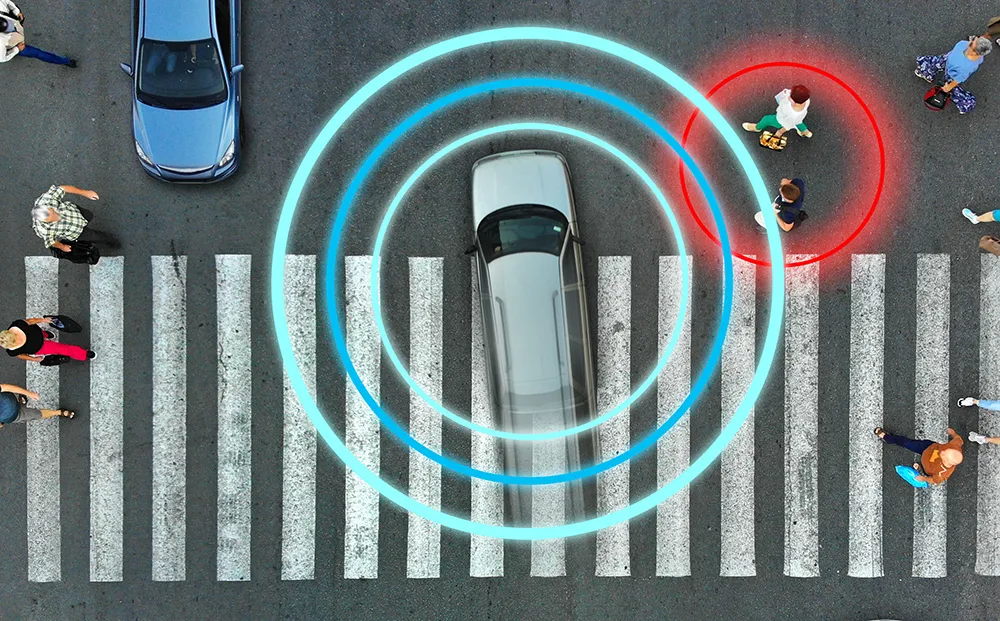3M’s decision to acquire the business of Federal Signal Technologies Group (FSTech) from Federal Signal Corporation for a purchase price of US$110 million in cash provides an insight into the company’s view of the tolling industry’s future health. 3M says the fast-growing US$3 billion electronic tolling industry is projected to grow at a rate greater than 12 per cent per year as government agencies increasingly rely on tolling to fund roadway infrastructure, construction and maintenance. The company says FS
August 13, 2012
Read time: 2 mins
3M says the fast-growing US$3 billion electronic tolling industry is projected to grow at a rate greater than 12 per cent per year as government agencies increasingly rely on tolling to fund roadway infrastructure, construction and maintenance.
The company says FSTech’s solutions for electronic tolling, vehicle identification and classification, toll management software, licence plate recognition, and parking lot fare collection systems, combined with 3M’s traffic management solutions, will advance the tolling and parking industry, enabling seamless fare collection wherever motorists drive.
“Electronic tolling and parking are key adjacencies to 3M’s offering for motor vehicle systems and services,” said John Houle, vice president and general manager, 3M Traffic Safety Systems Division. “FSTech will complement 3M’s offerings for the Department of Transportation, the Department of Motor Vehicles, toll authorities, and law enforcement agencies, and expand on our core traffic products for motor vehicles and roadways, and licence plate validation materials.”
FSTech’s technologies come from its five business units:










